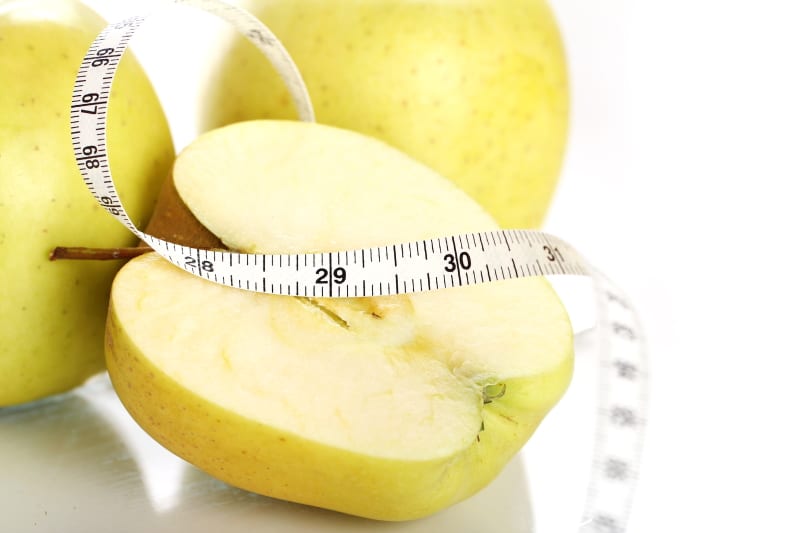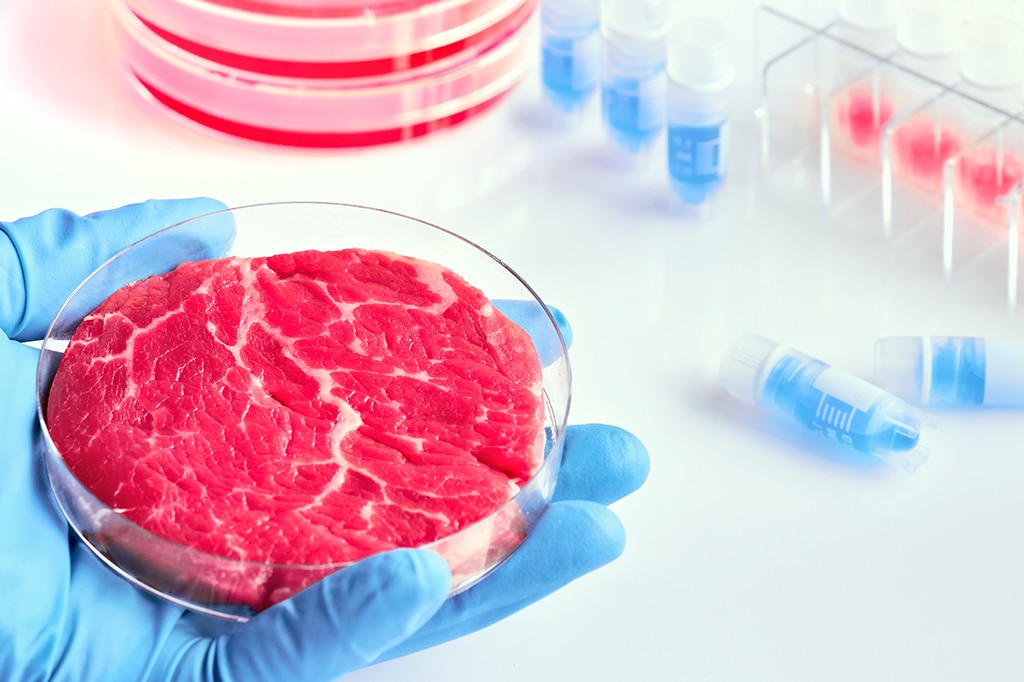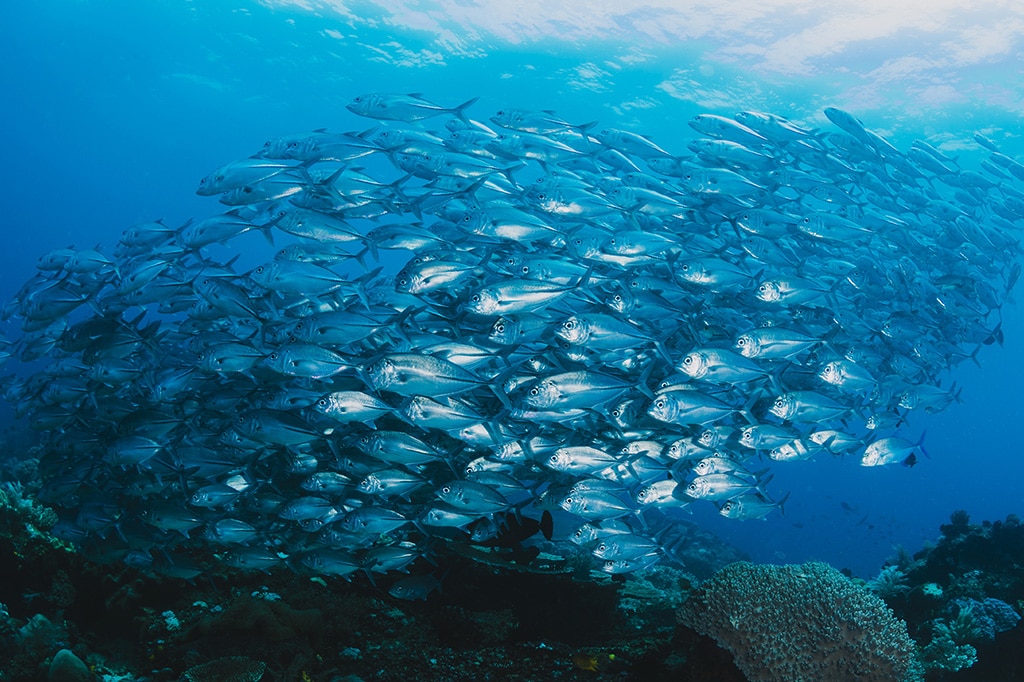There are a variety of nutritional actions you can take to improve your own health while also helping the environment.
Finding your best diet may empower each of us to reduce our environmental impact while allowing our bodies to reach their highest level of health and ideal weight.
Here are eight steps to take:
1. Eliminate Dairy
This food is called “Miracle Grow,” and it is properly formulated to accelerate growth in infants – that is, infants engineered to grow from 60 to 600 pounds while consuming their mother’s milk.
Growth factors such as insulin-like growth factor (IGF-1) in cow milk may encourage unwanted human growth. Dairy foods (including fluid milk, cheese, yogurt, and kefir) are among the most problematic foods we consume. They are loaded with saturated fat and undesirable animal proteins that promote acne, weight gain, and the formation of undesired cells (such as cancer and fibroids).

2. Consume Your Vegetables! – Daily
This is what shields us from environmental contaminants and provides us with vitamins, minerals, and a symphony of nutrients that work in concert to achieve and preserve health. Observe that the colors of vegetables are also chemical antioxidants that rejuvenate and cure skin and organs.
They purify our blood and protect us from pathogenic germs, viruses, and inflammatory free radicals.
Together, the minerals, fiber, and phytonutrients found in colorful, complete plant foods (including fruits!) perform a beneficial dance for the body. These are the superfoods we must consume daily, multiple times per day.
Field-grown vegetables produce the fewest greenhouse gas emissions as a group. Due to the tradeoff between synthetic fertilizer and manure in organic systems, organically cultivated crops emit comparable greenhouse gas emissions as conventionally grown crops. In general, organic produce requires more soil and acreage, whereas locally farmed produce reduces transportation emissions.
Produce grown in greenhouses needs more fossil fuel than produce grown in fields. Sprouted seeds, along with wild edible plants, are the healthiest foods in the world and emit no greenhouse gas emissions.
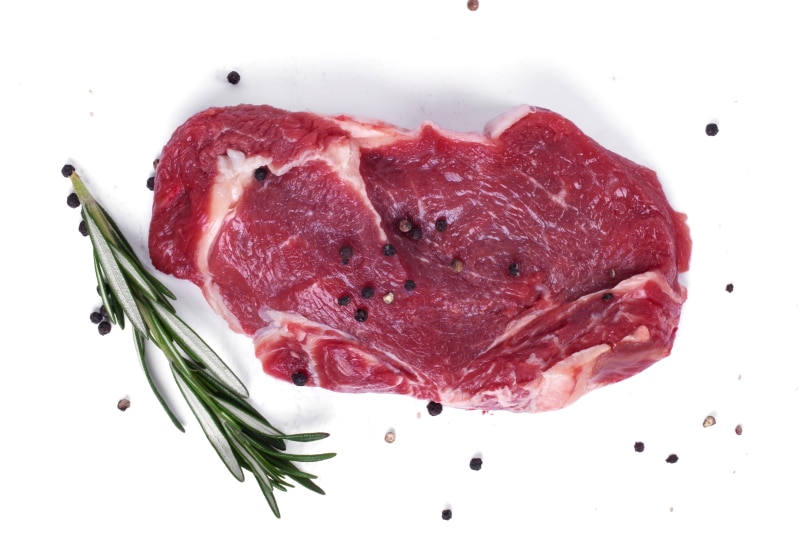
3. Abandon Beef; Promote Beans
Beef consumption is linked to all prevalent chronic diseases, including cancer, diabetes, and cardiovascular disease, as well as early death. It causes digestive issues, and regular consumption (together with other animal proteins) overburdens the kidneys.
Both saturated fat and heme iron, which are related to heart disease, are abundant in beef. Iron in heme form is easily absorbed but harmful in excess.
Beef is the most resource-intensive food we produce, resulting in the most environmental deterioration, such as deforestation and water contamination. Compared to potatoes, wheat, and rice, beef production requires 160 times more area and generates 11 times more greenhouse gas emissions.
According to principal researcher Gidon Eshel, “just a minute portion of the food taken by cattle is absorbed into the bloodstream, hence the majority of the energy is lost.”
The enormous quantities of water and other resources required for beef production might be better utilized to directly feed the world’s hungry and supply water to those in need. Professor Tim Benton, a champion for global food security, asserts that the most effective way for individuals to reduce their carbon footprints would not be to give up their cars, but rather to consume much less red meat.

4. Eliminate Oils
There is little that is healthful about extracted oils (or any oils! ), except for a few trace vitamins that are readily available elsewhere. Consider the fact that oil is composed entirely of fat and contributes to weight gain and inflammation. As soon as the oil is extracted from plants, oxidation, and rancidity set start.
The presence of oil in the blood rapidly suffocates the fragile endothelial cells of the arteries and capillaries, preventing their free movement. As the oil passes through, blood flow is slowed. In the interim, the oil might accumulate in vessels and contribute to plaque.
Oil is not an entire food. Oil is an isolated, pure, extracted plant portion that contains no fiber to slow its absorption into the bloodstream. It is linked to cardiovascular disease and aging, and as it oxidizes, it produces toxins that can be harmful to cells.
Environmentally, oil is one of the most processed foods, as it is merely one isolated component of a plant, leaving the remainder of the plant as waste.
Palm oil is the second largest contributor to deforestation after livestock.
According to the Union of Concerned Scientists: “The vast majority of palm oil production occurs in just two countries, Malaysia and Indonesia, where vast tracts of tropical forests and peatlands (carbon-rich swamps) are being cleared to make way for oil palm plantations, releasing carbon into the atmosphere to drive global warming while reducing habitats for a variety of endangered species.”

5. Eliminate Eggs
Eggs are the most concentrated source of dietary cholesterol, at 200 mg per egg, which is the daily recommended allowance (RDA). One egg has approximately 8.1 grams of saturated fat, which is roughly 50 percent of the daily limit and is 70-80 percent total fat.
Animal proteins, such as those found in egg whites, appear to boost cholesterol formation in our systems. Eggs contain the highest levels of methionine, the most acidic amino acid humans consume, as well as sulfuric acid, which can cause intestinal difficulties.
In addition, laying hens typically live in small cages and share excrement and diseases such as salmonella with their cage mates, which makes an estimated 142,000 humans sick every year due to eggs alone.
According to research, in terms of GHG emissions and global warming potential, eggs rank lower than nearly all animal foods but higher than all plant foods.
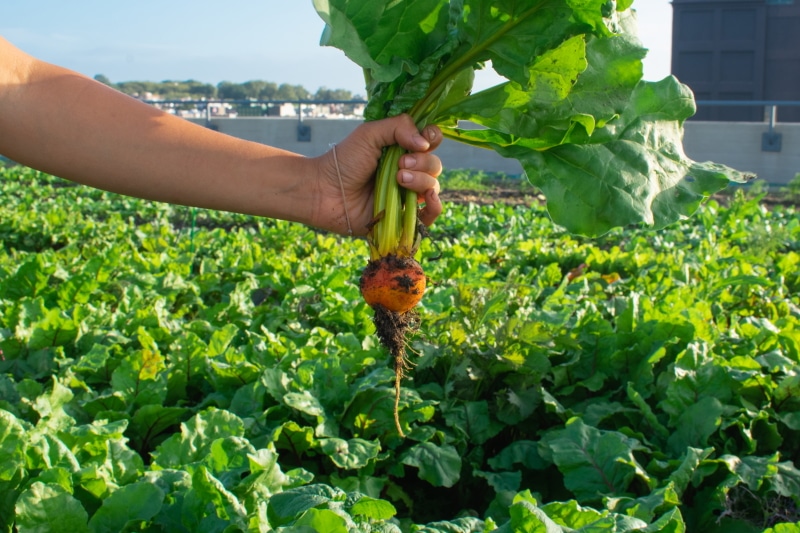
6. Consume Root Vegetables Daily
Roots and tubers are the energy and nutrient storage organs of a growing plant; humans consume the roots and absorb the nutrients! Root plants offer an abundance of fiber in addition to water and nutrients, making them starches satiating powerhouse plant meals.
Underground roots are simple to cultivate and require relatively little energy for food production, making them one of the most energy-efficient foods for sustainability. They are a staple in every region, and if they are imported, it is typically from nearby regions, so less energy is expended on transportation.

7. Drink Water
According to the National Cancer Institute, sugary beverages are the leading source of calories in the American diets of adolescents. Nearly two-thirds of American children eat at least one sugary beverage daily.
Soft drinks provide empty calories with no nutrients and waste fossil fuel in addition to the energy required to manufacture the cans! Considering that a calorie is a unit of measurement for potential energy, Dr. David Pimentel of Cornell University found that it would take 600 calories of energy to make a can of soda. These are absolutely useless calories with zero nutritional benefit.
Replace these beverages with water; simple mineral water is also an excellent alternative.

8. Don’t worry about everything.
Diet is the most important factor in achieving long-term health and weight loss. You are healthy if you consume predominantly whole plant meals at every meal, day after day.
Infrequently consuming a cupcake at a birthday celebration will not destroy your diet, make you sick, or add another pound to your waistline.
Long-term, exceptions are not important, but if a series of exceptions in a day, week, or month develop a pattern of eating, we have a problem.
In terms of environmental impact, a lifetime of meat consumption produces more greenhouse gas [GHG] emissions than any other activity, including all of your transportation combined.
The cultivation of animal foods requires more space and water than the cultivation of any other food, making a meat-based diet the least effective method of nutrition.

